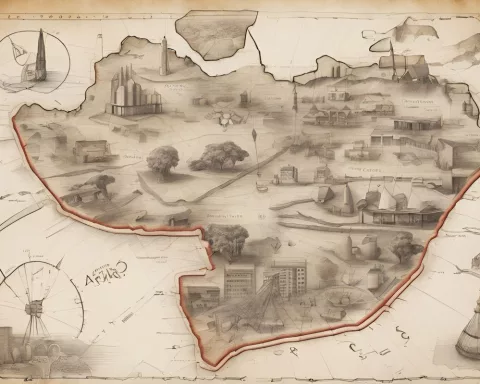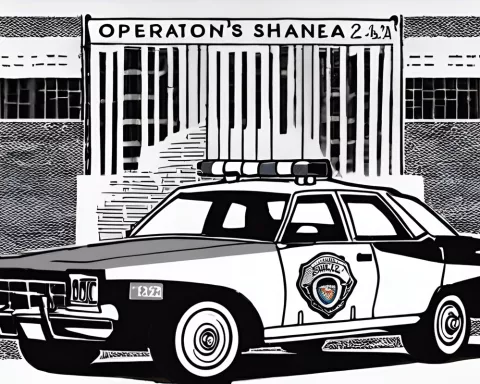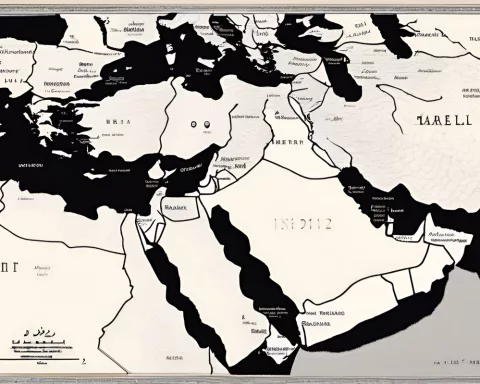South Africa has made significant progress in sustainable forest management since the 1996 White Paper on Sustainable Forest Management. The government has shifted its focus to enabling communities to control their forests, promoting community involvement in forestry through the Commercial Forestry Masterplan and transferring 27 plantations throughout the country. Ongoing support is provided to communities by the Department of Forestry, Fisheries, and the Environment, ensuring the sustainability of these plantations while empowering local communities. This transfer represents a commitment to sustainability, community empowerment, and justice for future generations.
South Africa has made significant strides in sustainable forest management since the 1996 White Paper on Sustainable Forest Management. The government has shifted from micromanaging plantation operations to assuming regulatory and advisory roles, enabling communities to control their forests. The Commercial Forestry Masterplan promotes community involvement in forestry and has led to the transfer of 27 plantations throughout the country. Ongoing post-settlement support is provided to communities by the Department of Forestry, Fisheries, and the Environment. This transfer represents a commitment to sustainability, community empowerment, and justice for future generations.
An Emblematic Ceremony
Emerging from the vibrant Eastern Cape, a symbolic event unfolded, signifying a profound change in sustainable forest management practices in South Africa. The ceremony involved the transfer of plantations to local communities, an empowering act that signifies a substantial move towards a future where the earth’s bounty is shared broadly rather than benefitting a select few.
Deputy Minister Makhotso Sotyu led this transfer, but it was more than a simple change of ownership. The 1996 White Paper on Sustainable Forest Management, a pivotal document, catalyzed this change, redefining the government’s relationship with the ecosystem. The state would no longer micromanage plantation operations. Instead, it would assume regulatory and advisory roles, enabling communities to assume control of their forests.
Policy Reform and Community Forestry
This idea was further cemented through the National Forest Act of 1998. This act promotes community forestry, a method that advocates for community involvement in forest management and usage. This law laid the groundwork for communities to negotiate forestry agreements with the Minister, establishing a clear process for this transition.
In a united push to revolutionize the sector, the government, in partnership with the Department of Forestry, Fisheries and the Environment, labor representatives, and industry stakeholders, created the Commercial Forestry Masterplan. This bold strategy serves as a roadmap for growth and investment, with a particular emphasis on transferring plantation management to local communities. The goal? To enhance productivity and achieve transformation objectives within the forestry sector.
Tangible Effects of the Masterplan
In the last three years, the tangible effects of this Masterplan have begun to materialize. An impressive 27 plantations have been transferred throughout the Eastern Cape, Limpopo, and KwaZulu-Natal. The credit for this achievement is shared among the government, the dedicated industry stakeholders, and the communities now entrusted with plantation management.
Far from concluding with the transfer, the government’s role continues. Through the Department of Forestry, Fisheries and the Environment (DFFE), it offers ongoing Post Settlement Support to the communities. This takes the form of technical and financial assistance, ensuring that the communities have the means to manage their plantations sustainably.
The industry also has a vital role to play in this shift, offering invaluable support to the communities. Their investments help to ensure that these plantations not only survive but also thrive in a sustainable manner. This cooperation between the government, industry, and community is instrumental in maintaining ecological equilibrium and sustainable resource management.
More Than Plantations: A Story of Empowerment
The plantations’ transfer transcends the physical elements of land and trees. It’s about the people—the communities that are now guardians of these resources. The Traditional Councils of Tobotshane, Amahlubi, and Amazizi now spearhead this management process. Their mission is to safeguard and manage these plantations for the common good, a duty that reverberates across generations.
Deputy Minister Sotyu, during the handover, emphasized this as a legacy for the communities and their descendants. It’s a call to arms, a push to take this responsibility earnestly. The seeds planted today hold the promise of yielding rich harvests in the future, not only in terms of resources, but also in cultivating a sense of community stewardship and pride.
These plantations symbolize more than trees and land; they represent a commitment to sustainability, community empowerment, and justice for future generations. It’s a tale of transformation, of a community’s progression from passive observers to active participants and guardians of their forests. And this narrative continues, one tree at a time, carving a greener, fairer future for South Africa.
1. What is sustainable forest management, and how has South Africa progressed in this area?
Sustainable forest management involves managing forests to meet the needs of the present while ensuring that future generations can meet their own needs. South Africa has made significant progress in sustainable forest management since the 1996 White Paper on Sustainable Forest Management. The government has shifted from micromanaging plantation operations to assuming regulatory and advisory roles that enable communities to control their forests.
2. What is community forestry, and how is it promoted in South Africa?
Community forestry involves involving communities in forest management and usage. The National Forest Act of 1998 promotes community forestry by laying the groundwork for communities to negotiate forestry agreements with the Minister, establishing a clear process for the transition.
3. What is the Commercial Forestry Masterplan, and what is its goal?
The Commercial Forestry Masterplan is a bold strategy created by the government in partnership with the Department of Forestry, Fisheries and the Environment, labor representatives, and industry stakeholders. It serves as a roadmap for growth and investment, with a particular emphasis on transferring plantation management to local communities. The goal is to enhance productivity and achieve transformation objectives within the forestry sector.
4. How many plantations have been transferred to local communities, and what ongoing support is provided?
An impressive 27 plantations have been transferred throughout the Eastern Cape, Limpopo, and KwaZulu-Natal in the last three years. The government’s role continues through the Department of Forestry, Fisheries, and the Environment, offering ongoing Post Settlement Support to the communities in the form of technical and financial assistance, ensuring that the communities have the means to manage their plantations sustainably.
5. What is the significance of the plantations’ transfer to local communities?
The transfer of plantations to local communities is a sign of a profound change in sustainable forest management practices in South Africa. It represents a commitment to sustainability, community empowerment, and justice for future generations. The communities are now guardians of these resources, with a duty that reverberates across generations.
6. What is the role of the government, industry, and community in maintaining ecological equilibrium and sustainable resource management?
The government plays a regulatory and advisory role, the industry offers investments and support, and the community becomes active participants and guardians of their forests. This cooperation between the government, industry, and community is instrumental in maintaining ecological equilibrium and sustainable resource management.












